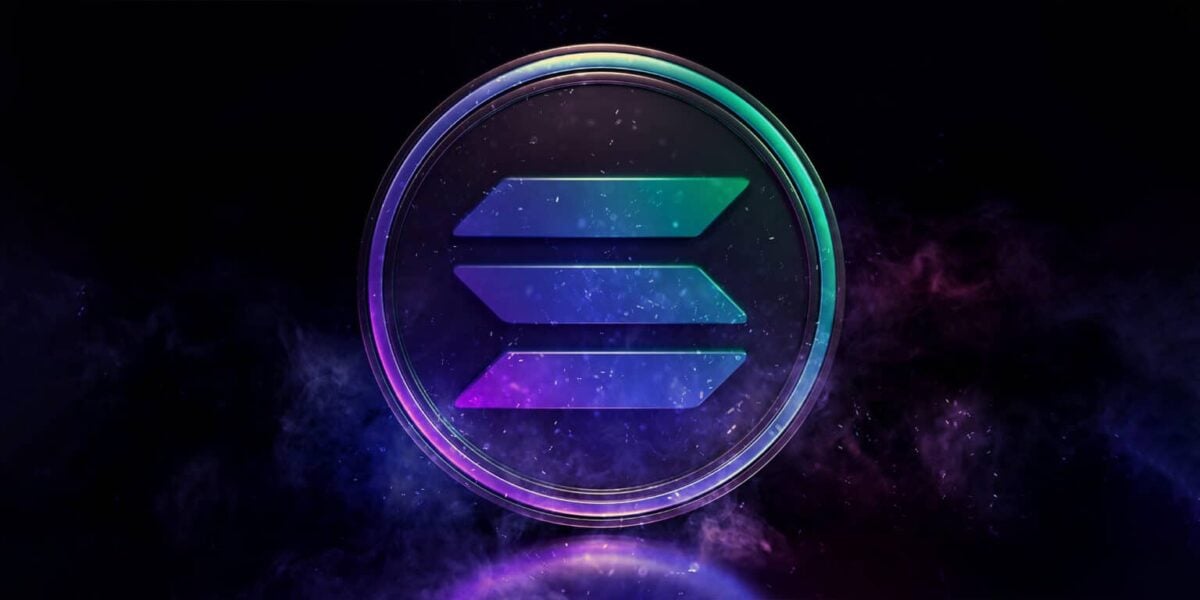TLDR
- Jump Crypto proposes removing Solana’s 60 million compute unit block limit after the Alpenglow upgrade
- High-performance validators would handle larger blocks while slower validators would skip complex ones
- The change aims to create incentives for validators to upgrade hardware and earn more transaction fees
- Alpenglow upgrade reduces transaction finality from 12.8 seconds to 150 milliseconds and passed with near-unanimous support
- Some engineers warn the proposal could lead to centralization as smaller validators may be forced out
Jump Crypto has submitted a proposal to eliminate Solana’s fixed compute unit block limits, aiming to boost network performance through hardware incentives. The SIMD-0370 proposal would take effect after Solana’s upcoming Alpenglow upgrade, which is scheduled for testnet deployment in December.
1/ SIMD-0370, by Jump’s Firedancer team, proposes removing Solana’s fixed compute unit block limit after Alpenglow. This would eliminate static caps on block limits and have validators skip blocks they can’t process in time. Here’s what changes 🧵 pic.twitter.com/xge1IViKnH
— Anza (@anza_xyz) September 27, 2025
Currently, Solana operates with a fixed block limit of 60 million compute units. Under the new proposal, this cap would be removed entirely, allowing block sizes to scale based on validator performance capabilities.
The system would work by letting high-performance validators process larger, more complex blocks while slower validators automatically skip them. This creates a performance-based reward system where better-equipped validators earn more transaction fees.
Jump Crypto, which is developing the Firedancer validator client for Solana, believes this approach will drive continuous hardware improvements. Block producers would have financial incentives to upgrade their systems to handle more transactions and earn higher rewards.
According to Anza, the Solana research company that proposed Alpenglow, this creates what they call a “performance flywheel.” Block producers pack more transactions to earn more fees, while validators that skip blocks lose rewards and are motivated to upgrade.
Alpenglow Upgrade Sets Foundation
The Alpenglow upgrade passed with near-unanimous support earlier this month. This major protocol overhaul will reduce transaction finality time from 12.8 seconds to just 150 milliseconds.
Anza describes Alpenglow as potentially “the biggest change to Solana’s core protocol.” The upgrade includes the skip-vote mechanism that would allow validators to abstain from processing oversized blocks without penalties.
The proposal comes four months after Jito Labs CEO Lucas Bruder suggested raising the fixed block limit to 100 million compute units under a different proposal. Jump’s approach takes a more radical step by removing limits entirely.
Centralization Concerns Raised
Engineer Akhilesh Singhania has raised concerns about potential centralization risks on GitHub. He warns that bigger validators with expensive hardware upgrades could force smaller validators out of the network.
Roger Wattenhofer from Anza supports the concept but acknowledges similar concerns. He noted that super-advanced block producers could potentially risk network stability, though he believes these problems are solvable.
The proposal reflects broader efforts to improve Solana’s network resilience and diversify its validator client base. Firedancer launched on mainnet in September 2024 in limited capacity as part of these initiatives.
Solana has gained popularity as a retail blockchain due to its high-speed, low-fee transactions. The network’s decentralized exchange trading volume has even surpassed Ethereum’s on several occasions this year.
However, sudden network activity spikes have caused outages in the past, driving the need for stability improvements. The proposed changes aim to address these issues by creating better performance incentives for validators.







